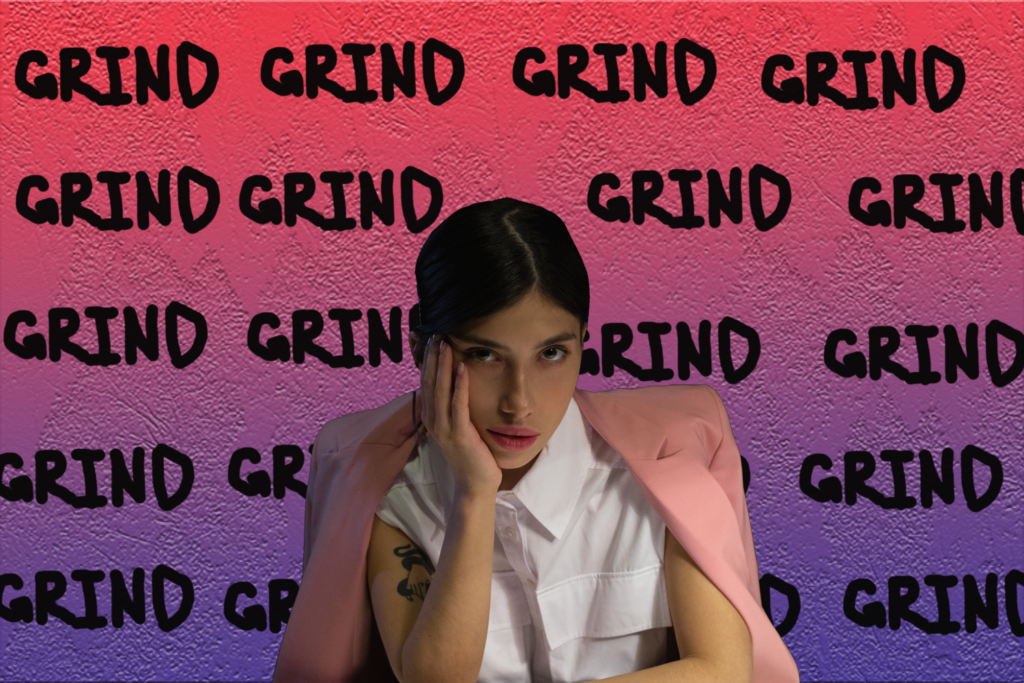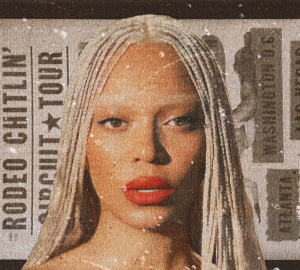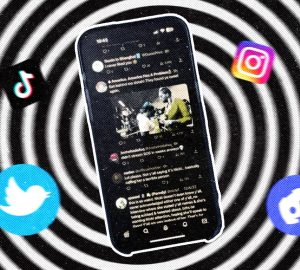
Maybe it’s just me, but hustle culture has been flooding all of my social media at a crazy rate. Whether it’s “girlbosses” on TikTok posting workaholic-inspo with their cold brew coffees or the “rise-and-grinders” on Twitter boasting about running side businesses as full-time students, I’m sick of the facade. One of the worst offenders is those hyper-productive “A Day in My Life” videos that are oh so popular at the moment; I’m rarely left inspired by their drive and hard work, it just looks exhausting to have 18-hour days without a break. And it begs the question, is it worth being a bit miserable?
There’s a huge amount of content, especially in the realm of medical school students, that highlights the daily grind of the aesthetically pleasing workaholic. There’s a kind of subtle brag that comes with it, like they’re somehow superior because they have managed to maximize their schedule enough to never take even a second off work. Content creators walk the viewer through their nonstop workday, squeezing in perfectly packed little lunches in between hours of studying from their color-coordinated notes. There’s usually a lot of caffeine involved and notably little to no free time between juggling a full load of classes and making sure to eat and exercise. It’s become a cheeky little boast to comment on how little sleep you get, how there’s no time for friends and hobbies. Videos like this are prevalent under the hashtags “#adayinmylife” and “#studytok.”
It seems like some users aren’t buying into this lifestyle anymore. I was pleasantly surprised when I saw a user criticizing the hustle culture that’s so hyped up on social media. Her video details how much the grind of schoolwork and her job has taken over her life, leading to burnout and causing her to abandon any self-care. This video was also under the hashtag “#adayinmylife.”
It appears that more and more people are becoming disillusioned with the toxicity of hustle culture. I’ve been seeing a lot of faux-inspirational content about profiting off your hobbies, because the grind never stops. It pushes the twisted idea that it’s a waste of effort if you don’t take advantage of monetizing your free time. More and more people, especially the younger generation, are calling out these proponents of ‘workaholic-ism’ on the basis that there’s nothing wrong with keeping up with passion projects for just pleasure and relaxation. An activity does not have to be profitable to be worthwhile.
Hustle culture has blossomed out of a few major cultural attitudes; the value of hard work, obsession with appearance and a lack of income equality. Americans are uniquely predisposed to each of these phenomena, so it’s not surprising that a lot of this content comes from students at American universities. Late-stage capitalism has ingrained in society the inherent value of a strong work ethic, promoting the idea that anyone can succeed if they pull themselves up by their bootstraps. This, combined with the endlessly widening wage gap and lack of pay for the working class, puts people into a position where selling scented candles and soaps online may be the difference between paying your rent or getting evicted.
There seems to be a shift in mindset coming with Generation Z; content creators emphasize the importance of self-care and mental health and, most importantly, encourage a healthy work-life balance. Furthermore, while the pandemic has brought plenty of tragedy, it has also forced everyone to stop and reconsider the way they understand work in general. As commuting to the office is going out of style, I hope hustle culture is on its way out as well.
Isn’t it weird how we as a society arrived at “monetize all your hobbies to support yourself” before “rich people should pay their workers better”
— Chance Morgan (@chance_m_morgan) January 24, 2021



























